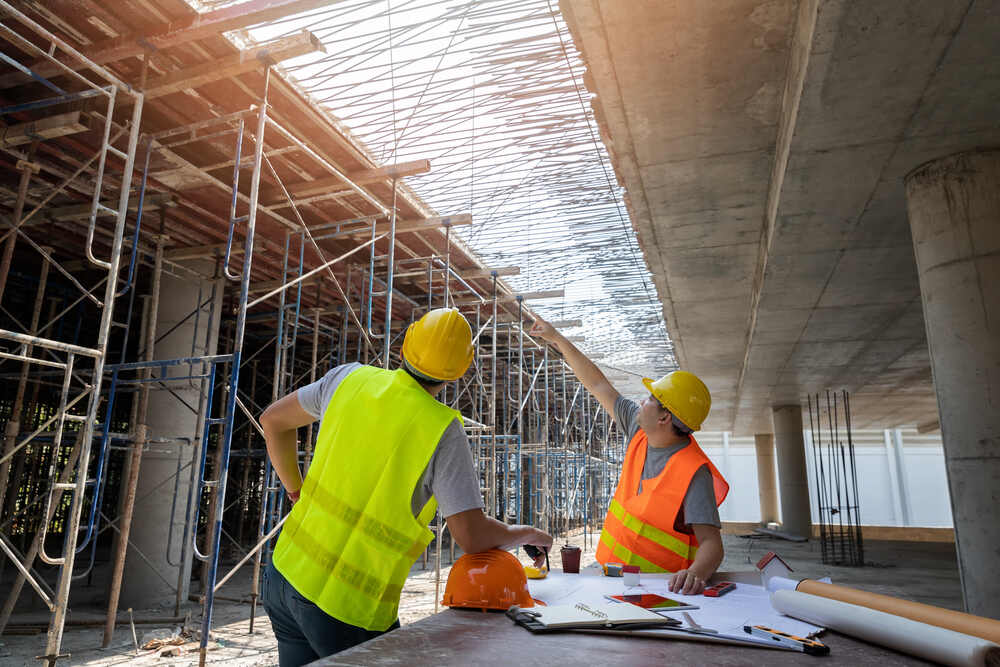
Certainly, here are some potential topics that a construction website could cover to provide valuable information and engage its audience:
- Project Portfolio: Showcase completed and ongoing projects with descriptions, images, and key project details. This helps demonstrate the company’s expertise and capabilities.
- Services Offered: Provide an overview of the construction services the company offers, such as residential, commercial, industrial, infrastructure, renovation, and more.
- About Us: Share the company’s history, mission, values, and the team behind the projects. This section helps build trust and establish credibility.
- Client Testimonials: Highlight feedback and testimonials from satisfied clients to showcase the company’s track record of delivering quality work.
- Safety and Quality: Emphasize the company’s commitment to safety standards and quality assurance practices, reassuring clients about the reliability of the projects.
- Blog: Regularly publish informative articles related to construction trends, techniques, materials, sustainability, and industry updates. This can position the company as an authority in the field.
- FAQs: Address common questions that clients might have about the construction process, timelines, permits, budgets, and more.
- Contact Information: Provide clear contact details, including phone numbers, email addresses, and a contact form, to make it easy for potential clients to reach out.
- Request a Quote: Include a form or a dedicated section where visitors can request a quote for their construction projects.
- Sustainability Initiatives: Highlight the company’s efforts toward environmentally-friendly practices, energy-efficient designs, and sustainable construction materials.
- Technology and Innovation: Discuss the innovative technologies and construction methods the company employs to enhance efficiency, safety, and project outcomes.
- Case Studies: Dive deeper into specific projects, discussing challenges faced, solutions implemented, and the results achieved.
- Industry Regulations: Provide information about local construction regulations, permits, and legal requirements that clients need to be aware of.
- Galleries: Create image galleries showcasing project phases, before-and-after comparisons, and different types of projects the company has worked on.
- Community Involvement: Highlight the company’s involvement in community projects, charity work, or initiatives that contribute positively to society.
- Partnerships and Collaborations: Showcase any partnerships with architects, engineers, designers, or other professionals that contribute to successful project outcomes.
- Career Opportunities: If applicable, list job openings and information about working for the company, promoting potential collaboration with skilled professionals.
- Client Portal: For ongoing projects, consider offering a secure client portal where clients can track progress, access documents, and communicate with the team.
Remember, the content on your construction website should be well-organized, visually appealing, and easy to navigate to provide a positive user experience and encourage engagement.
